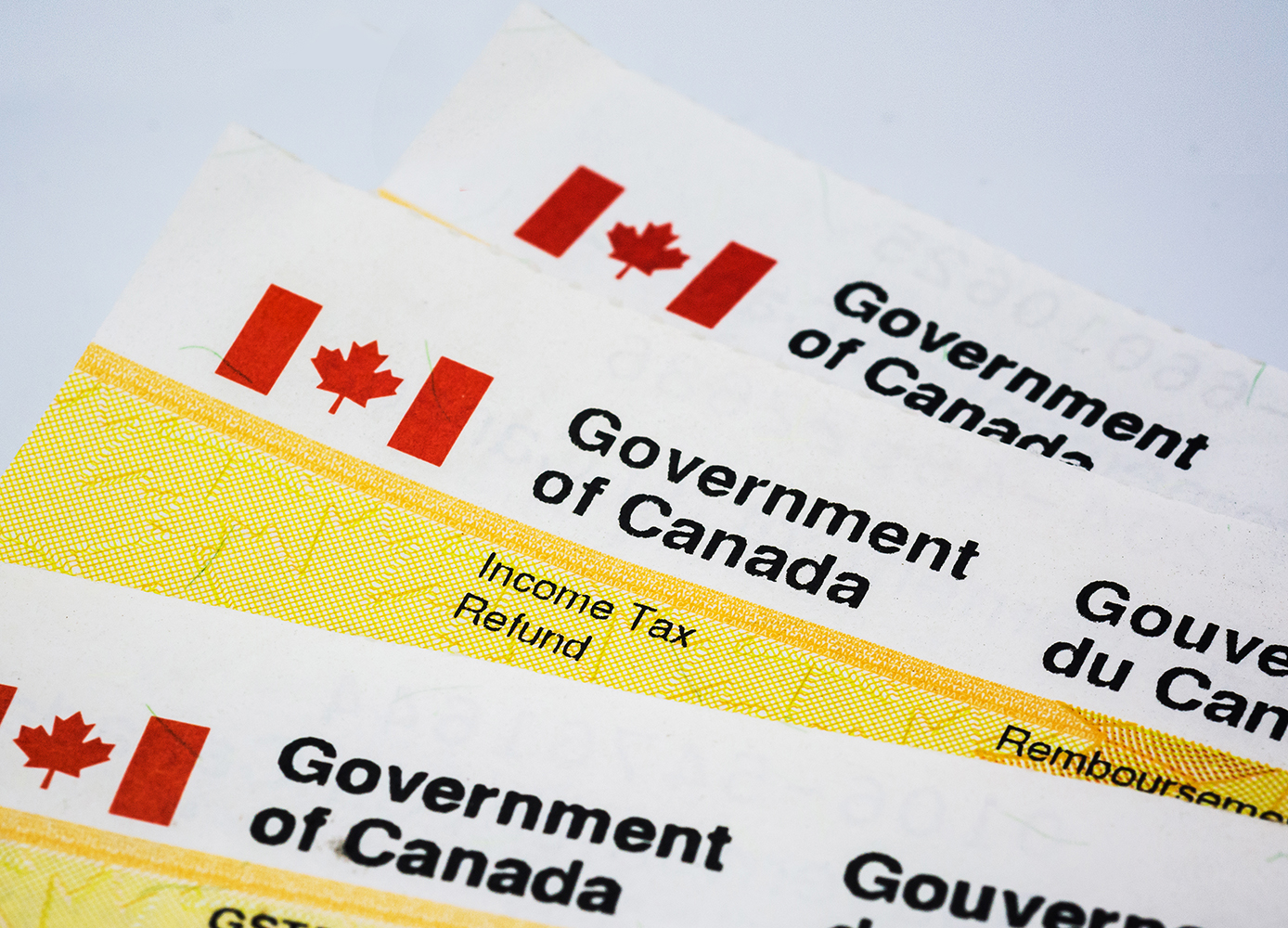Find out why a surviving spouse doesn’t automatically get his or her partner’s government pension
A popular regular feature in Good Times magazine is “Your Questions,” where Olev Edur provides answers to questions from our readers regarding their rights, personal finance, and estate planning. Here’s one on the Canada Pension Plan and surviving spouses.
Photo: iStock/Palto.
Q. My husband and I are retired and in our 70s, and we both receive Canada Pension Plan (CPP) and Old Age Security (OAS). If one of us passes away, what happens to the CPP? Does the deceased spouse’s pension revert to the surviving spouse?
A. The deceased spouse’s CPP doesn’t revert to the survivor in its entirety. The Canada Revenue Agency (CRA) uses a formula based on a variety of factors, including how long each spouse has contributed to CPP, to come up with a result that is usually much less than your current entitlements combined.
“We first calculate the amount that the CPP retirement pension is, or would have been if the deceased had been age 65 at the time of death,” the CRA website advises. “Then, a further calculation is done based on the survivor’s age at the time of the contributor’s death.”
The survivor’s monthly benefit may increase, but regardless of what your current benefits are, the result for a survivor cannot be greater than the maximum entitlement for a single person (the current maximum is $1,134.17 a month).
If you want to try to figure out your entitlement, you can go to CRA’s website and plug in the amounts that you think would apply at the time of death, or you can call your nearest Service Canada office. Just be prepared for a reduction.






